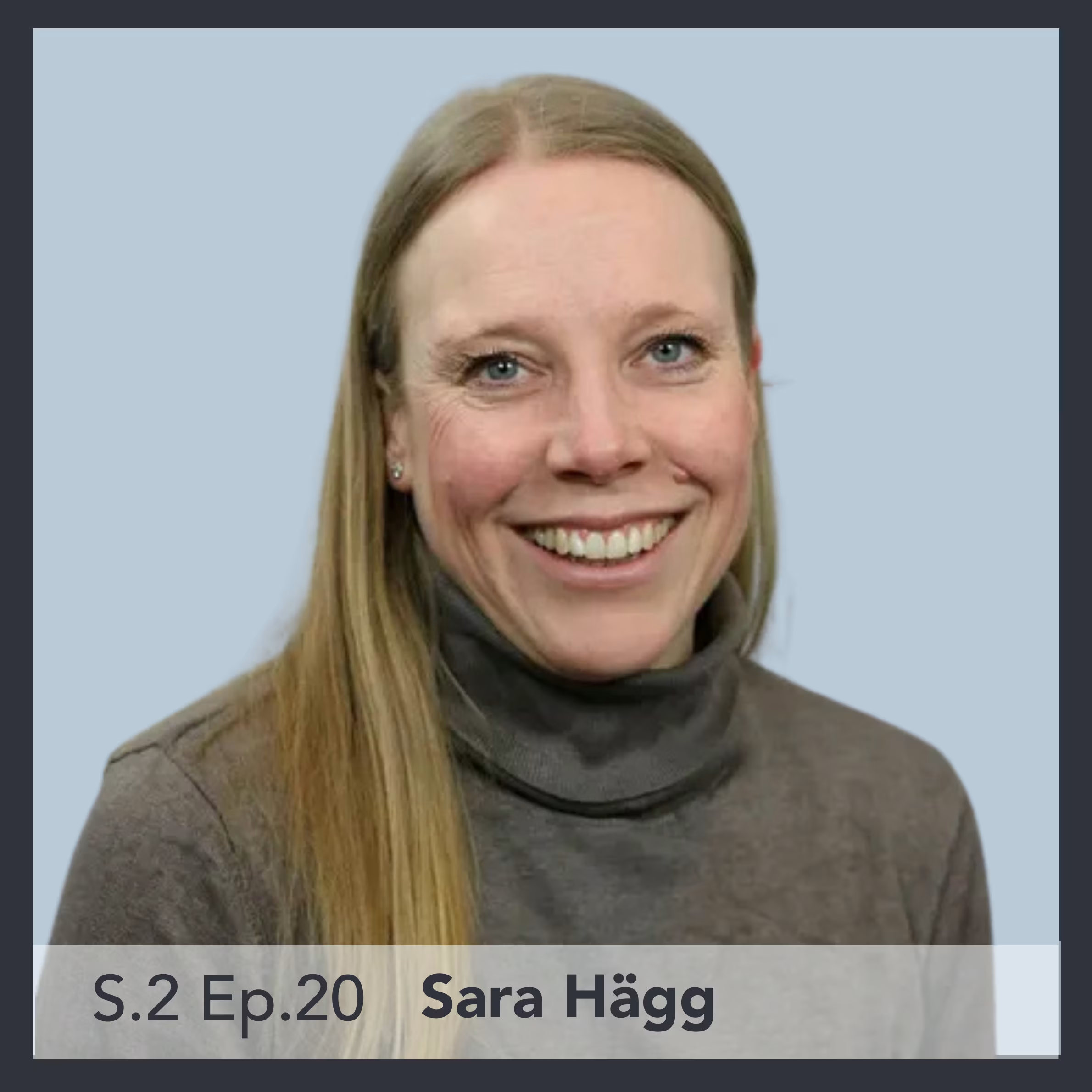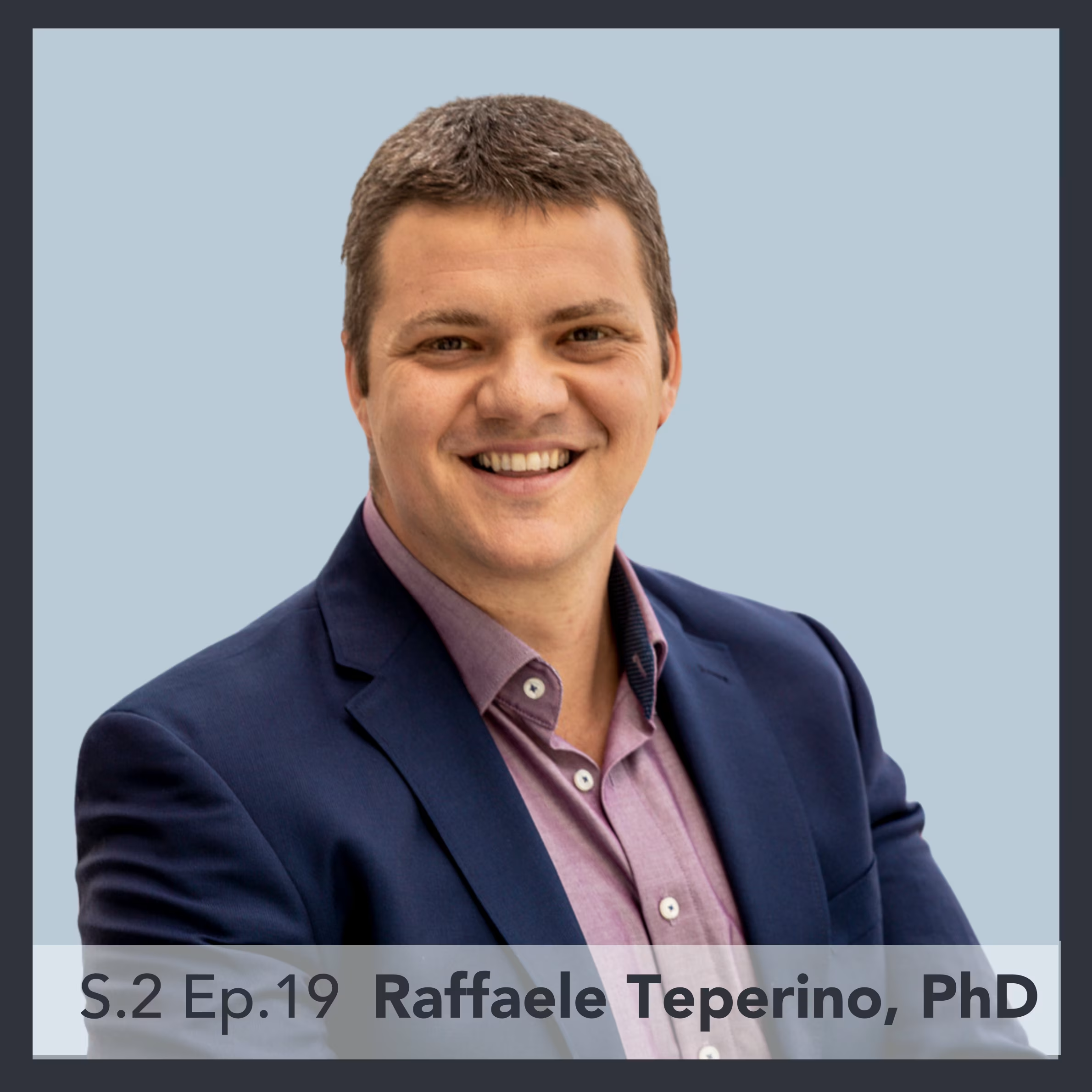Dr. Kara Fitzgerald’s work in epigenetics revolves around the concept of “nutrigenomics” and “nutrigenetics,” which are areas that investigate how nutrients and dietary factors can influence gene expression and how an individual’s genetic makeup may affect their response to different nutrients.
She has been at the forefront of applying epigenetic principles in the context of functional medicine to help patients optimize their health. By understanding an individual’s unique genetic makeup and epigenetic influences, she aims to tailor personalized therapeutic strategies that can positively impact gene expression and improve health outcomes.
Through her clinical practice, research, and educational efforts, Dr. Fitzgerald has contributed to advancing the understanding and application of epigenetics in functional medicine. She emphasizes the importance of lifestyle factors, diet, and other environmental influences in modulating gene expression to promote better health and prevent disease.
In this week’s Everything Epigenetics podcast, Dr. Fitzgerald speaks with me about the growing popularity of biological age, healthspan, lifespan, and longevity, and why you should care about these important concepts. We also discuss how to know if you’re methylating correctly, if aging should be considered a disease, and the impact of epigenetics on longevity.
Furthermore, we dive into her Younger You program and how it has proven to reverse biological age. Dr. Kara and I then chat about why she continues to stay focused on this space, why this new research is important, how we should think about this in the context of other anti-aging interventions that are being studied, and more.
Dr. Fitzgerald is on the faculty at IFM, is an IFM Certified Practitioner and lectures globally on functional medicine. She runs a Functional Nutrition Residency program, and maintains a podcast series, New Frontiers in Functional Medicine and an active blog on her website, www.drkarafitzgerald.com. Her clinical practice is in Sandy Hook, Connecticut.
In this podcast you’ll learn about:
– Dr. Kara Fitzgerald’s unique approach of translating what’s happening in the science into actionable information
– The methylation cycle
– DNA methylation
– Why biological aging, healthspan, lifespan, and longevity are so important
– How lifestyle affects epigenetics
– The impact of epigenetics on longevity
– The Younger You program
– Aging as a disease
– Dr. Fitzgerald’s flagship study titled “Reversal of Epigenetic Age with Diet and Lifestyle in a Pilot Randomized Clinical Trial”
– How exercise, meditation, and sleep can affect DNA methylation and biological age
– Dr. Fitzgerald’s future research
Karen Sugden is a scientist from Duke University in the Department of Psychology and Neuroscience. As part of the Moffit and Caspi research team, her current research focus is on the collection and analysis of biological information in large longitudinal cohorts, most notably the Dunedin Longitudinal Study and E-Risk Study. In particular, she is interested in applying molecular and bioinformatic approaches to understand the biological mechanisms relating to factors such as behavior and aging. Karen has a special interest in using epigenetic information as a tool to quantify how differences in people’s life experiences might affect, or be affected by, one’s rate of aging. Karen started out working in human clinical pathology before changing track to genetics, graduating with a B.Sc. from the University of Liverpool in the UK, She then joined the Social, Genetic and Developmental Psychiatry (SGDP) Centre at King’s College London, where in 2004 she received a Ph.D in the study of genetic and genomic influences on behavior and mental health. It is here that Karen was first fortunate enough to work with Professors Moffit and Caspi on the Dunedin Study, a relationship that continues to this day.




